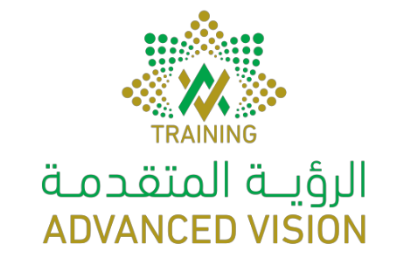- Describe the Service Provider network architectures, concepts, and transport technologies
- Describe the Cisco IOS software architectures, main IOS types, and their differences
- Implement route maps and routing policy language
- Implement high-availability mechanisms in Cisco IOS XR software
- Implement traffic engineering in modern Service Provider networks for optimal resource utilization
- Describe segment routing and segment routing traffic engineering concepts
- Describe the VPN technologies used in the Service Provider environments
- Implement control plane security in Cisco devices
- Implement management plane security in Cisco devices
- Implement data plane security in Cisco devices
- Implement automation and assurance tools and protocols
- Describe the role of Cisco NSO in Service Provider environments
- Implement virtualization technologies in Service Provider environments
- Architecture: Understand the technologies and software used in networks. Ensure the security of network components, and implement data protection measures.
- Networking: Implement and troubleshoot routing protocols. Understand Internet Protocol version 6 (IPv6) transition technologies and implement high availability measures.
- MPLS and segment routing: Be able to implement Multiprotocol Label Switching (MPLS), and optimize traffic with techniques like traffic engineering and segment routing.
- Services: Identify what makes networks secure, efficient, and capable of managing traffic effectively. Understand optimization of data distribution and network performance.
- Customize your certification to your technical focus
- Position yourself for advancement in the fast-paced world of service provider technologies
- Add service provider automation skills to your areas of expertise
- Earn a specialist certification for passing any CCNP exam - core or concentration
- Qualify for the CCIE Service Provider lab exam by passing the CCNP core exam
The Cisco Certified Network Professional Service Provider certification is designed for service provider network engineers, network specialists, and systems engineers who are accountable for addressing a scalable carrier-grade infrastructure capable of rapid development to support the continuous introduction of new directed services and other client requirements.
- No formal prerequisites necessary
- Learners often also have three to five years of experience implementing service provider solutions.
A CCNP Service Provider certification proves you can configure, verify, and optimize even the most advanced service provider IP network infrastructures.
The CCNP Service Provider certification can elevate your career by opening up new paths, especially in cloud networking. It validates your expertise in implementing core service provider network technologies and prepares you for professional-level job roles in service provider technologies. With this certification, you can work towards roles that involve enabling businesses for cloud connectivity or working with cloud providers
To earn CCNP Service Provider, you pass two exams: a core exam and a concentration exam of your choice:
- The core 300-501 SPCOR exam focuses on your knowledge of service provider infrastructure. The core exam is also the qualifying exam for CCIE Service Provider certification. Passing this exam helps toward earning both of these certifications.
- Concentration exams focus on emerging and industry-specific topics such as advanced routing, VPN services, and automation. You can prepare for concentration exams by taking their corresponding Cisco training courses. You can choose among the following concentration exams:
- 300-510 SPRI
- 300-515 SPVI
- 300-535 SPAUTO
- Exams are delivered in a secure environment by proctors, either online or at testing centers.
- Grading is pass/fail, and your results are available online, usually within 48 hours.
- Exams are available worldwide in English, and some are available in additional languages.










